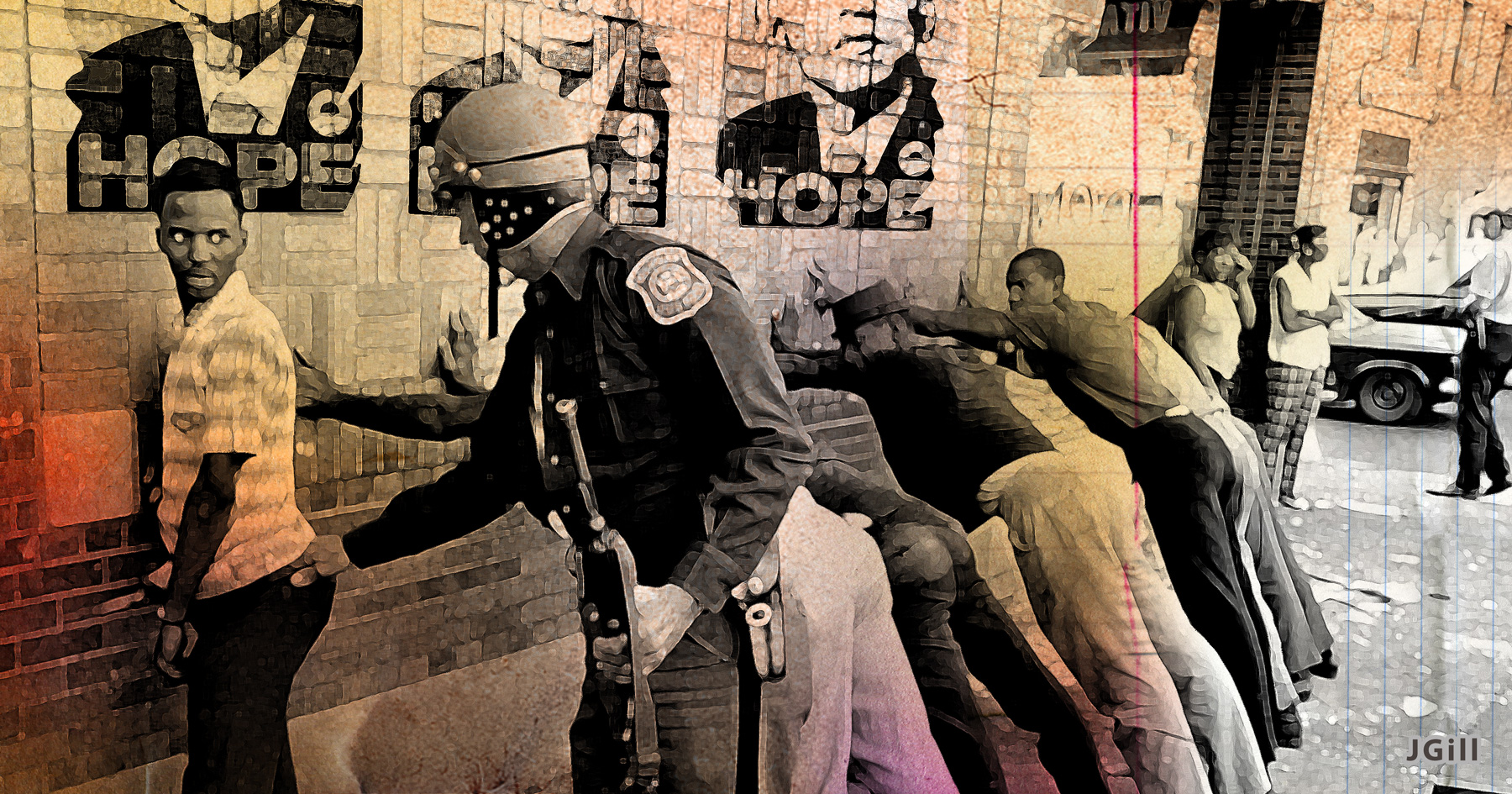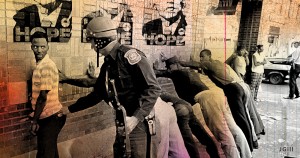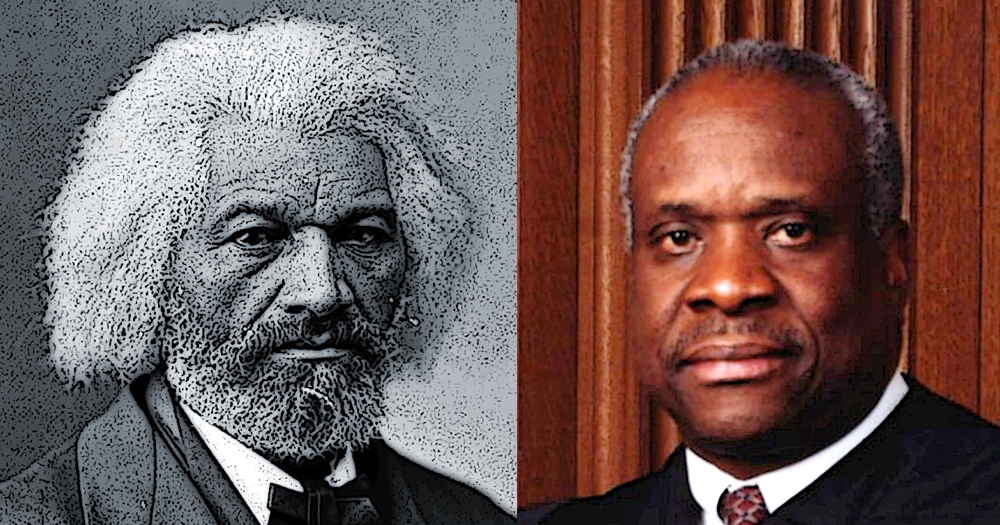On Monday, pushing an expansion of his “My Brother’s Keeper” initiative, President Barack Obama gave a talk about the recent rise in racial discord.
Does he ever ask himself, “Under whose watch?”
When the financial system melted down in 2008, candidate Obama — not without some justification — blamed President Bush and the Republicans. Why shouldn’t he and his party be today held somewhat responsible for rising racial unrest?
Wasn’t his very status as the First Black American President supposed to continue the healing process between blacks and whites?
In his talk, Obama recognized the “sense of unfairness, of powerlessness, of not hearing their voices, that’s helped fuel some of the protests.…” Well, sure. But there would be no occasion for this were inner-city blacks not treated unfairly in the first place.
The president wants to spend more money on education, for example, despite the high levels of per-student public ed funding in hot spot Baltimore.
It is quite clear that other programs have done the most damage. We still have a War on Drugs, which is unpopular enough that it turns cops “racist” perhaps even against their wills — as I’ve explained before, police tend to focus their unpopular policing against drug use to the classes of society that have the least direct political power, most especially against inner-city blacks.
But even more bedrock: we see protests and talk about inequality during economic downturns. Obama should learn from Bill Clinton’s initial presidential campaign: It’s the economy, stupid.
Or put more bluntly: It’s your stupid economic policies.
This is Common Sense. I’m Paul Jacob.






